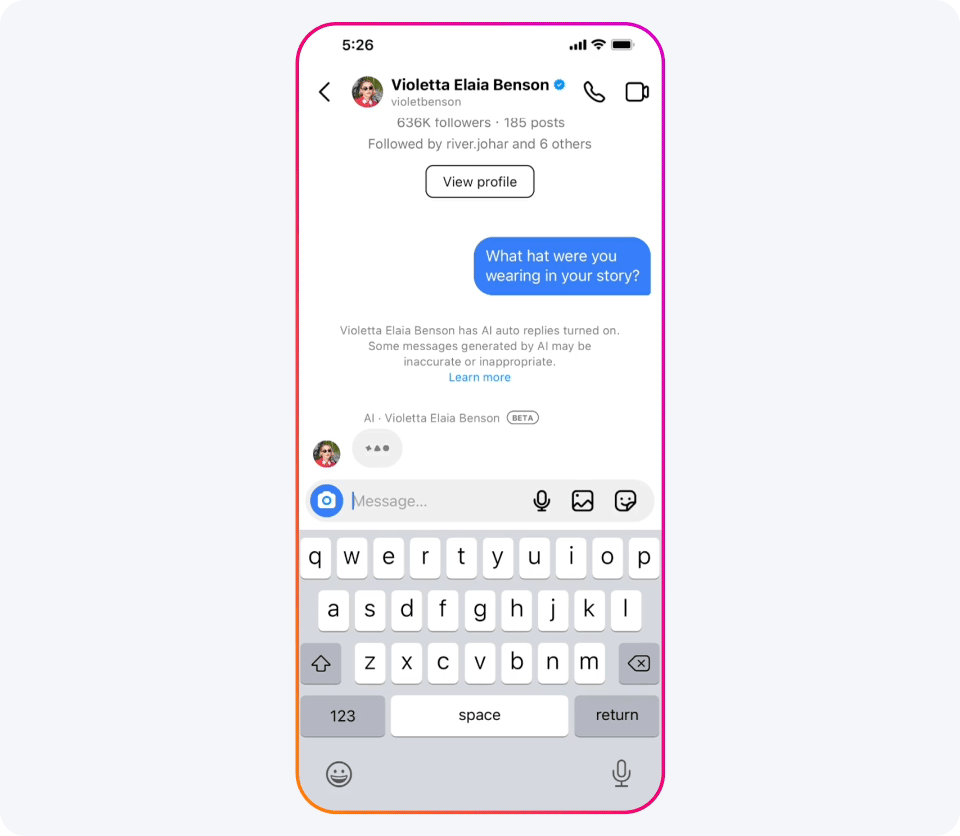What Are AI Agents? And Why Are They Critical to Local Marketing Success?
Local Memo: The Speculated Fallout From the Google Monopoly DOJ Case
In this week’s update, learn about hypothesized outcomes from Google’s monopoly DOJ case; a further decrease in AI Overviews; and Meta replacing celebrity AI chatbots with personalized creators and characters.
The Speculated Fallout From the Google Monopoly DOJ Case
The News
Last week, we reported that a lawsuit filed against Google in 2020 by the Department of Justice (DOJ) resulted in a 277-page decision that Google is a monopolist and has acted to maintain its monopoly as the default search engine on multiple platforms. Plus, Google earned monopoly profits from paid search by inflating prices by paid advertisers and thus consumers.
No penalties have been issued, but there’s already speculation about the eventual outcome after hearings begin in early September.
Most experts agree that Google will end its exclusivity deals and will no longer be the default search engine for Apple, Samsung, Mozilla, and others.
However, some believe more should be done.
Tim Wu, a law professor at Columbia and former Biden economic advisor, recommends in a New York Times opinion piece that the courts should force Google to divest from its web browser, Chrome, and mobile operating system, Android. This act would create a more competitive space for rivals and spur innovation.
Kevin Indig sees the possibility that Google gets broken up by Alphabet having to spin off certain assets to prevent it from further gaining and holding power in search and advertising. For instance, YouTube, Chrome, and Android could be divested from Alphabet.
Indig further argues that Google should share click-behavior data with the open market, letting others train search engines on it, and dampening Google’s monopoly hold on search engines.
Why This Matters
It’s likely that Google will no longer be the default search engine on Apple and other platforms. It’s too soon to see if this will impact search engine usage. Depending on future rulings and penalties, the DOJ’s rulings could reduce advertising costs.
If Alphabet divests YouTube, Chrome, Android, and other products, that could open a floodgate to improved innovation and services from competitors.
It’s too early to tell; however, we’ll continue to monitor the case and give pertinent updates as they arise over the coming months.
AI Overviews Continue to Disappear
The News
A few weeks ago, we noted that Google is further enhancing its AI Overviews (AIOs) by allowing users to save an overview.
New research from SE Ranking showcases and AIOs continue to drop in appearance. In July, AIOs only appeared in 7.47% of searches. The previous number in June was 8.71%.
That said, certain categories show AIOs more prominently, such as relationships, business, self-care/wellness, and exercise/sports.

Courtesy of SE Ranking
Other key findings include:
- The average AIO word count is 397 words, a nearly 40% drop in text length.
- The relationships niche continues to dominate, with 40.64% of keywords triggering AIOs.
- Prompt-type queries with a search volume of fewer than 50 and CPC fewer than $0.50 continue to trigger most AIOs.
- The current dataset shows zero Reddit and Quora links in AIOs.
The poor press might not be the only reason AIOs appear less frequently. Tinuiti found that non-branded text ads on computers and phones dropped significantly for U.S. users in May. After dialing back AIOs, CTRs recovered, except for non-brand phone text ads.
This means that Google’s motivation to pull back AIOs might also be based on ad revenue.

Courtesy of Tinuiti
Why This Matters
AIOs continue to drop in appearances, which is not surprising given the early debacles and poor press Google received when first launching AIOs in late May. It’ll be interesting to see if Google fixes AIO results and slowly begins to incorporate them more and more into search results.
It’s also worth watching how AIOs affect Google search text ads. For instance, according to the Tinuiti report, “Spending on Google search text ads was up 13% Y/Y in Q2 2024, which was driven almost entirely by CPC growth.”
Meta Pulls Back On Celebrity AI Chatbots and Pushes Personalized AI Chatbots
The News
Last September, Meta announced that celebrity chatbots would be coming to several of its products. Now, nearly a year later, The Information reported that Meta seems to have shut down the celebrity chatbots.
According to the report, Meta was worried about the AI versions of celebrities saying problematic things on behalf of their human counterparts.
Instead, Meta is rolling out AI Studio, which allows U.S. creators to make AI chatbots of themselves called Creator AI.
Meta is branding these AI creators as an extension of you, and the chatbot can answer questions or inquiries from followers on your behalf. Instagram users with a professional account can customize their AI and train it on their Instagram and Threads content and facts about them. Plus, you can select topics to avoid.

Courtesy of Meta
There are also AI characters that you and others can interact with. These AI characters aren’t based on you, but rather on your interests or hobbies. These AI characters can be just for you to help teach you how to cook or write Instagram captions. Meta also allows you to share AI characters with followers, friends, or the public.

Courtesy of Meta
Why This Matters
The shift from celebrity chatbots to AI Studio and Creator AI by Meta holds promise for businesses and marketers if they’re allowed to create these types of AI chatbots.
However, individuals with professional Instagram accounts can create and use creator AI or AI characters to provide personalized responses and enhance follower engagement. It’ll be interesting to see if creator AI or AI character adoption increases, and whether Meta will make another AI chatbot pivot based on user feedback.




